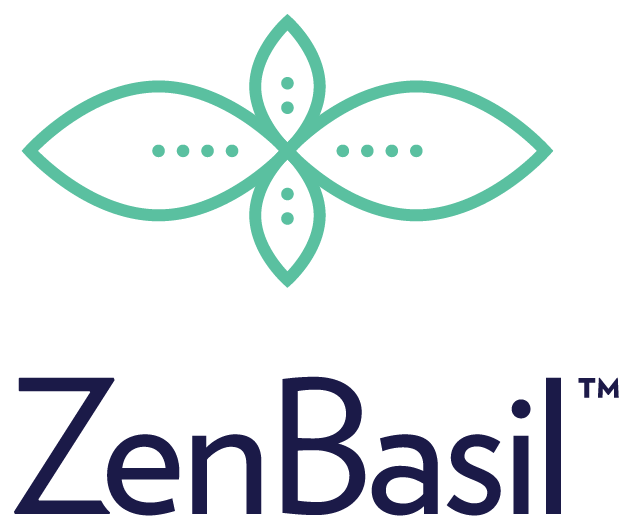In a world flooded with supplements, it’s easy to think that protein powders, fiber powders, and other nutrient extracts are the quick solution to your health concerns. But here’s the reality: real, whole foods provide far more value to your body than any isolated, processed supplement. If you’re relying on these supplements to boost your health, you may be paying more for less — a whole lot less.
Let’s break down why 5 grams of complete nutrients from whole foods offer significantly more benefits than 10 grams of isolated, extracted nutrients from processed powders. And why investing in organic, whole food sources will give your body what it truly needs.
1. Whole Foods Offer Synergistic, Complete Nutrition
Whole foods provide nutrients in their natural, complete form, delivering not just isolated nutrients like protein or fiber, but a full range of vitamins, minerals, antioxidants, and phytochemicals that work together to support your body’s health. This natural synergy is what makes whole foods so powerful.
For example, when you consume basil seeds or flaxseeds, you’re getting not just fiber, but also healthy fats, micronutrients like calcium, magnesium, and omega-3 fatty acids, all of which work together to boost your overall health. Studies show that nutrients consumed through whole foods are more bioavailable — meaning your body absorbs and uses them more effectively — than the isolated versions found in supplements.
2. Isolated Supplements Are Processed — Processed is Still Processed
No matter how much a protein or fiber powder is marketed as “healthy,” the fact remains: it’s processed. Isolated nutrients are extracted through chemical processes that strip away the natural cofactors that help your body absorb and utilize them efficiently. Supplements often miss the full nutrient spectrum found in real food, reducing their bioactivity in the body.
In fact, studies have shown that isolated supplements, such as protein powders or fiber extracts, often come from non-organic sources treated with pesticides like glyphosate. Glyphosate can disrupt gut health and has been linked to a variety of health issues, from oxidative stress to inflammation. Organic whole foods, on the other hand, are free from these harmful chemicals, preserving the integrity and potency of the nutrients.
3. More Expensive, Less Effective
Despite providing incomplete nutrition, isolated supplements are often 10 times more expensive than whole food sources. For example, a typical protein powder is highly processed and stripped of all its natural synergistic benefits, yet it’s sold at a premium. Meanwhile, whole foods like basil seeds can provide both soluble and insoluble fiber, omega-3s, calcium, and other nutrients for just $1.50 a day — far more affordable and nutrient-dense.
Even though you’re paying more for these supplements, you’re getting less in terms of overall nutrition. Whole foods provide the complete package, while supplements give you only a small fraction of what your body needs to thrive.
4. The Supplement Industry’s Hidden Costs
What most consumers don’t realize is that the supplement industry is largely controlled by Big Pharma. 75% of the supplement industry is owned by pharmaceutical companies that profit when you stay sick and dependent on their products. These companies are selling you solutions to problems caused by nutrient deficiencies that could easily be solved by eating real, whole foods.
The relationship between Big Food and Big Pharma is no secret. The processed food industry sells you nutrient-deficient food, and the pharmaceutical industry profits when you turn to supplements or medication to fix the damage. It’s a system designed to keep you dependent and sick.
5. Real Food, Real Benefits
Here’s the truth they don’t want you to know: real, whole foods provide the full range of nutrients your body needs. Fiber from whole food sources like basil seeds isn’t just about keeping you regular; it’s about metabolic health, preventing inflammation, and reducing your risk of chronic diseases like heart disease and diabetes.
Whole foods give you the nutrients your body can actually use, in their complete form, without the processing or chemical treatment that strips supplements of their value. Organic whole food sources are the key to true health. They deliver not only soluble fiber, but also insoluble fiber, prebiotics, and a wide array of micronutrients that supplements simply can’t replicate.
The Bottom Line: Stop Paying More for Less
Stop wasting your money on supplements that offer half the value of real, whole food sources. For just $1.50 a day, you can meet your fiber needs, improve your gut health, and protect your metabolic health with whole food options like basil seeds. These foods are bioactive, affordable, and far more beneficial than any supplement you’ll find on the market.
References:
1. University of California, Berkeley. “Do you need dietary supplements?”
2. Harvard T.H. Chan School of Public Health. “The Nutrition Source: Fiber.”
3. The Journal of Nutrition. “Dietary supplements: Are they helpful or harmful?”
4. National Institutes of Health. “Dietary Supplements: In Depth.”
